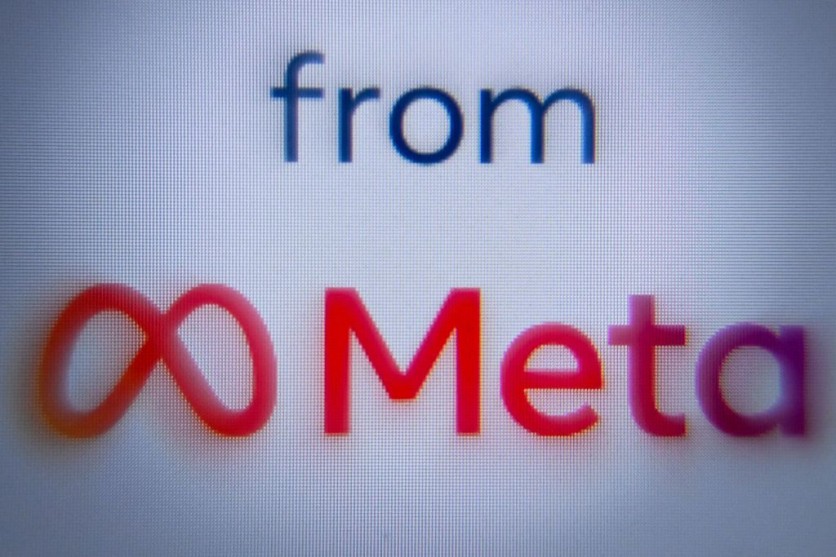TW: This article contains sensitive topics
Instagram's parent company, Meta, is accused of designing products to addict young users, leading one 11-year-old girl down a years-long path of physical and psychological trauma, as alleged by a personal injury lawsuit filed in federal court in California on Monday.

Based on Facebook Papers
The action, filed on behalf of now-19-year-old Alexis Spence by the Social Media Victims Law Center, claims that Instagram "consistently and knowingly" aimed its product at young children while ignoring internal warnings about its deteriorating effects on users' mental health.
Alexis had to undergo professional counseling, in-patient and out-patient programs, and eating disorder programs as a result of her Instagram addiction, according to her lawyers.
They also said that she would likely require help from a service dog and ensure her current medical attention to prevent digressions.
Their lawsuit is based on and references the Facebook Papers, a series of internal documents revealed by Facebook whistleblower Frances Haugen last October.
The documents contain confidential papers and presentations depicting Instagram as a threat to teens' mental health. This is one of the first lawsuits to utilize the documents against Meta in a court of law rather than a court of public opinion, according to Gizmodo's report.
The lawsuit noted that Spence joined Instagram in fifth grade, two years too young for the app's minimum age limit. The complainant claimed that her Instagram addiction was the consequence of the company's deliberate efforts to develop a system that is intrinsically addictive and lacks any support measures.
The complaint further noted that Instagram's algorithm quickly steered the younger Spence toward an unending flow of inappropriate content, including a slew of underweight models and links to extreme dieting websites that promote "anorexia, negative body image, and self-harm."
Lawyers claimed this eventually sparked an eating disorder, followed by years of anxiety, depression, and suicidal ideation for Spence.
Section 230 of the Communications Decency Act
This case is the latest in a string of new lawsuits filed around the country to circumvent the liability shield granted to website owners and operators under Section 230 of the Communications Decency Act.
Section 230, passed in 1996 and considered basic to the internet as it exists today, allows huge tech companies and users to monitor their websites without fear of litigation for third-party content.
The case has already been noticed by Congress. Rep. Tom Malinowski, a New Jersey Democrat, said that the Spence case was simply the latest example of the real-world harms produced by complex algorithms meant to keep users glued to their screens - enabling "eating disorders, suicides, mass shootings, insurrections."
He also co-authored legislation in 2021 that was aimed at social media algorithms that compromise civil rights.
Meta understood how some of its users felt about their use of social media, according to the Facebook Papers, which Gizmodo made public last April.
The leaked poll conducted by the company showed that many kids blamed Instagram directly for anxiety and depression. Additionally, the papers stated that self-diagnoses were "unprompted" and uniform "across all groups."
Related Article : Instagram Privacy 2022 Guide: How To Limit IG Users From Contacting You?
This article is owned by Tech Times
Written by Joaquin Victor Tacla
ⓒ 2026 TECHTIMES.com All rights reserved. Do not reproduce without permission.




